Speaker
Description
The CMS Collaboration is preparing to build replacement endcap calorimeters for the HL-LHC era. The new high-granularity calorimeter (HGCAL) is, as the name implies, a highly-granular sampling calorimeter with approximately six million silicon sensor channels (~1.1cm^2 or 0.5cm^2 cells) and about four hundred thousand scintillator tiles readout with on-tile silicon photomultipliers. The calorimeter is designed to operate in the harsh radiation environment at the HL-LHC, where the average number of interactions per bunch crossing is expected to exceed 140. Besides measuring energy and position of the energy deposits the electronics is also designed to measure the time of their arrival with a precision on the order of 50 ps. In addition to the hardware of the HGCAL, developing a reconstruction sequence that fully exploits the granularity to achieve optimal electromagnetic and hadron identification, as well as a good energy resolution in the presence of pileup, is a challenging task.
In this talk, the reasoning and ideas behind the HGCAL, the current status of the project, the many lessons learnt so far, and the challenges ahead will be presented, including recent results from silicon sensors and modules. We will also overview some of the novel reconstruction methods being explored, including iterative and machine-learning techniques to exploit the full imaging power of HGCAL.
| Primary experiment | CMS |
|---|




